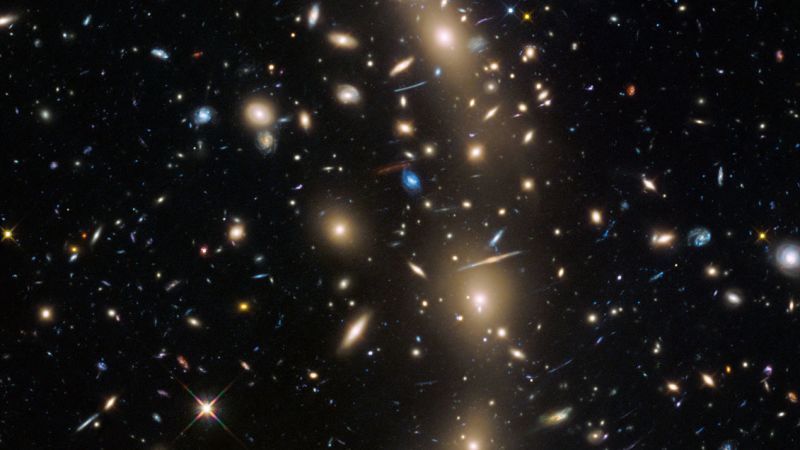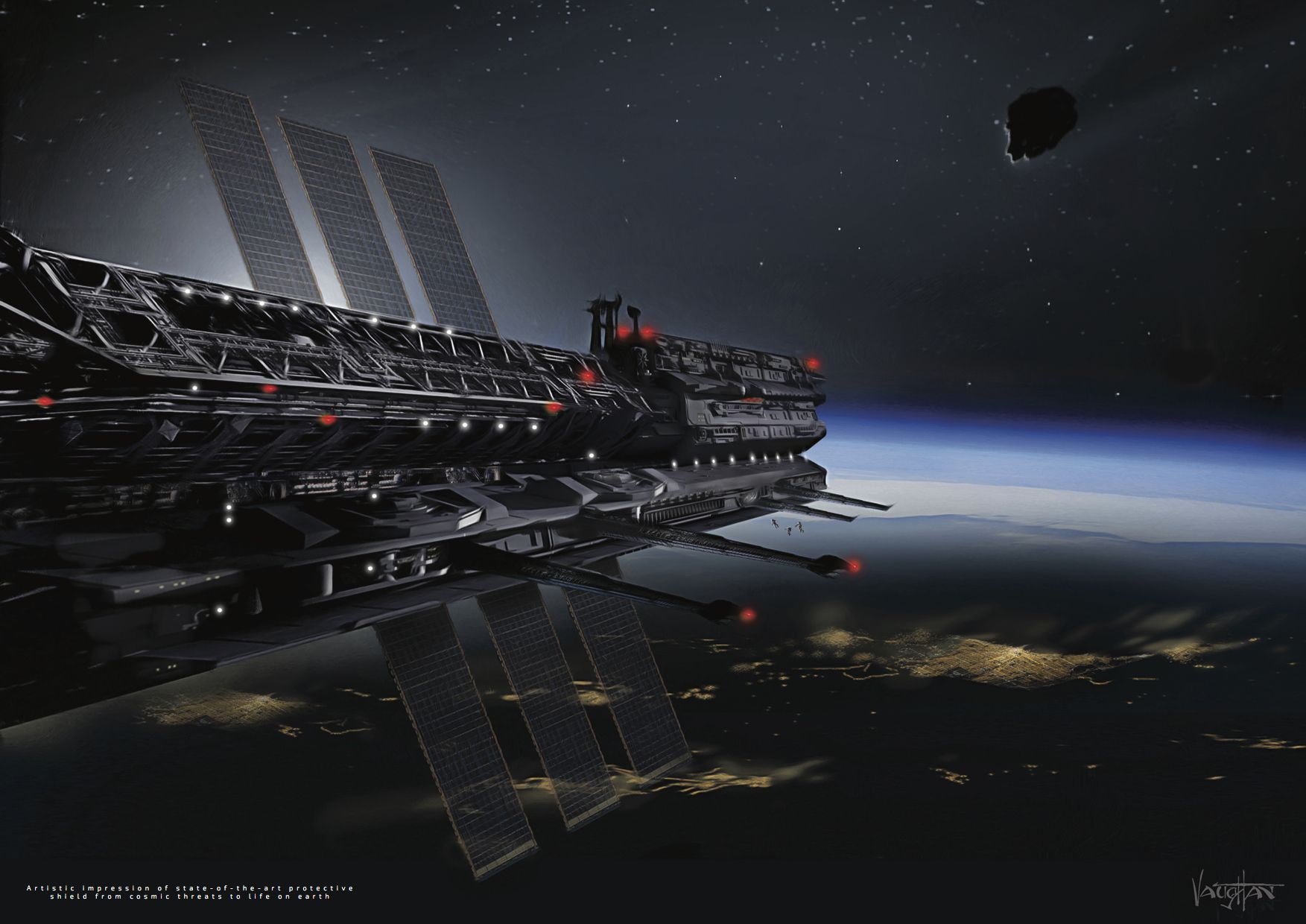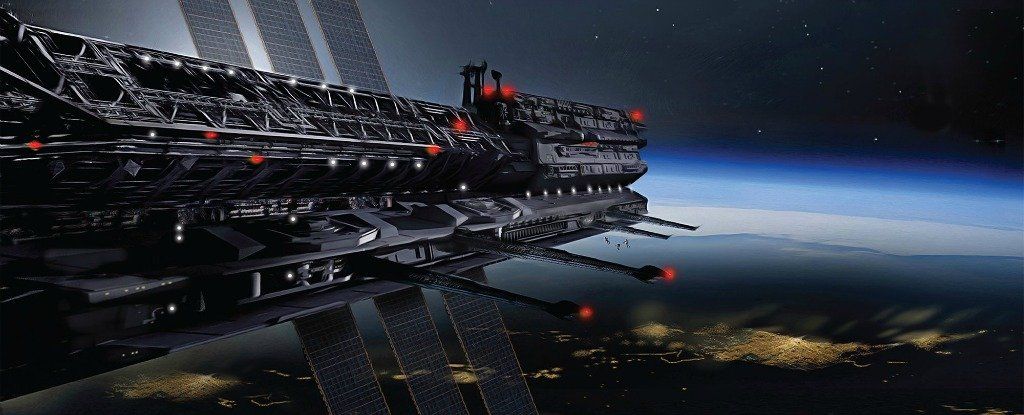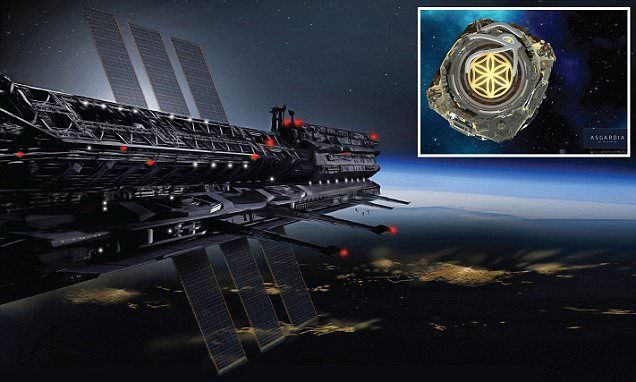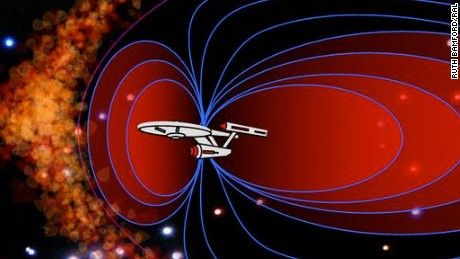So it seems that the universe contains 10 — 20 times MORE galaxies than we previously thought.
I guess it’s *NOT* a small, small world after all!
Using the Hubble Space telescope and other observatories, astronomers have completed the most accurate census of galaxies in the observable universe to date. In terms of the actual number, let’s just say we were way the hell off.
